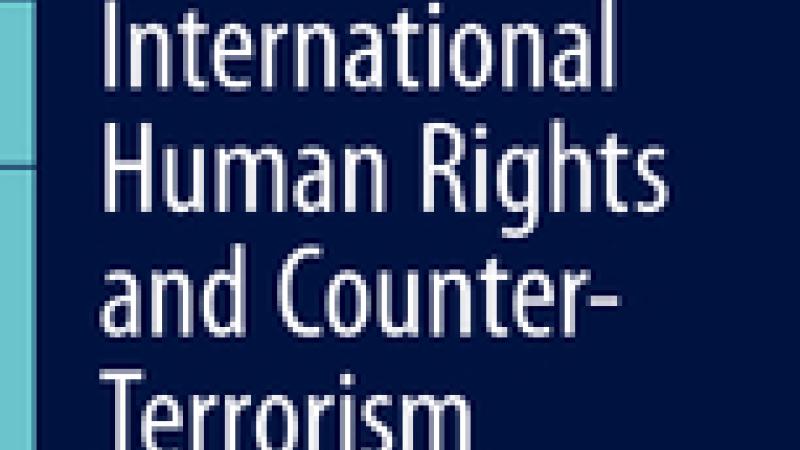This book provides theoretical and practical guidance to those interested in understanding the dilemmas found at the heart of counter-terror decision-making and compares the practices of different countries to determine if a cohesive approach to counter-terrorism can be achieved.

This book provides theoretical and practical guidance to those interested in understanding the dilemmas found at the heart of counter-terror decision-making. It addresses fundamental questions such as: should terror organizations be engaged in the human rights discussion? How can we counter extremist ideology? What is the role social media plays in terrorism? The book compares the practices of different countries to determine if a cohesive approach to counter-terrorism can be achieved. It not only analyses different aspects of terrorism and counter-terrorism (ideology, recruitment, financing, education, support etc) but also explores the roles of the relevant players (courts, security forces, the press, public opinion, inter-governmental organizations, non-governmental organizations etc) and their influence on the measures taken to fight terrorism on the one hand, and safeguarding basic human rights on the other.